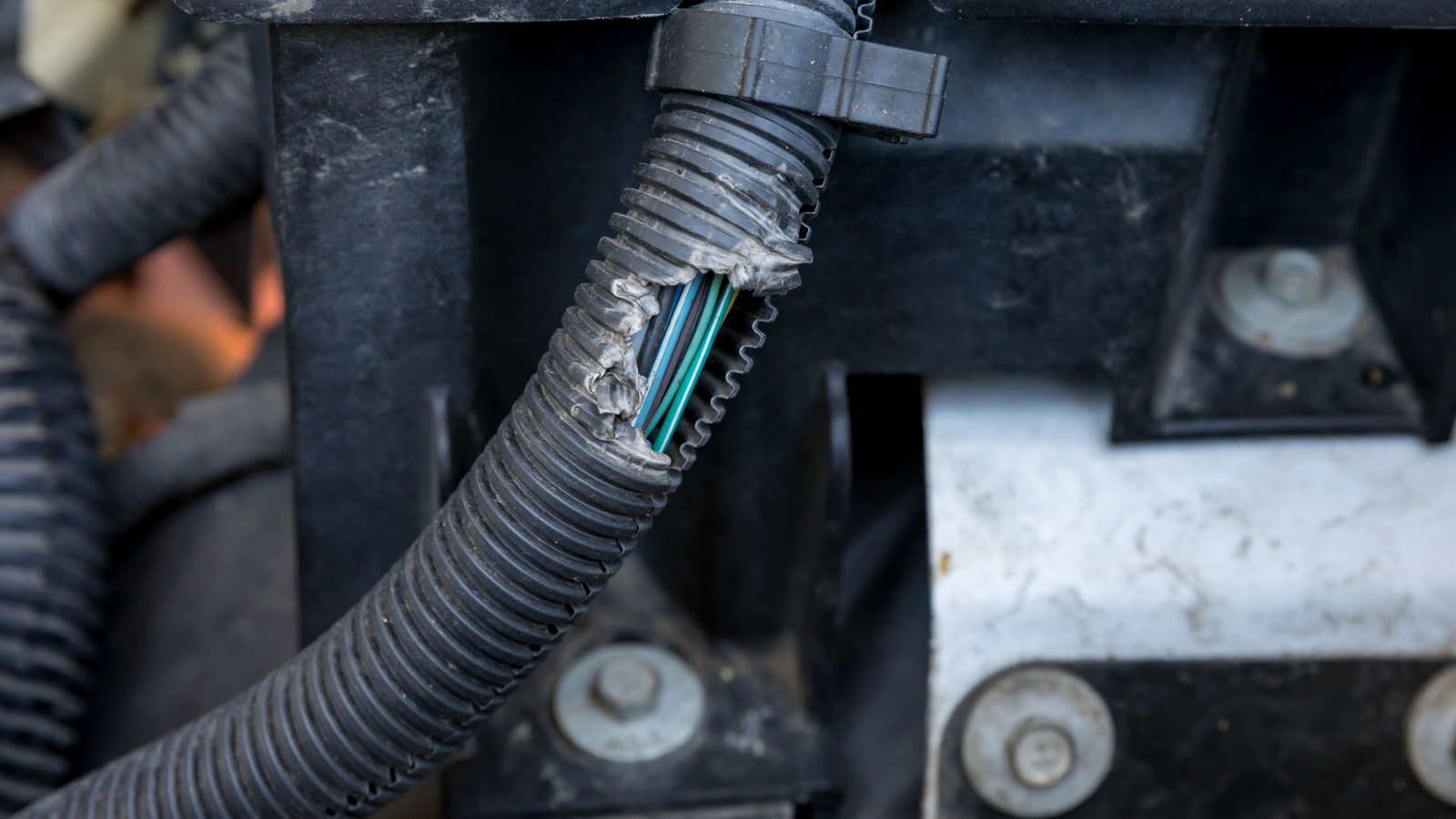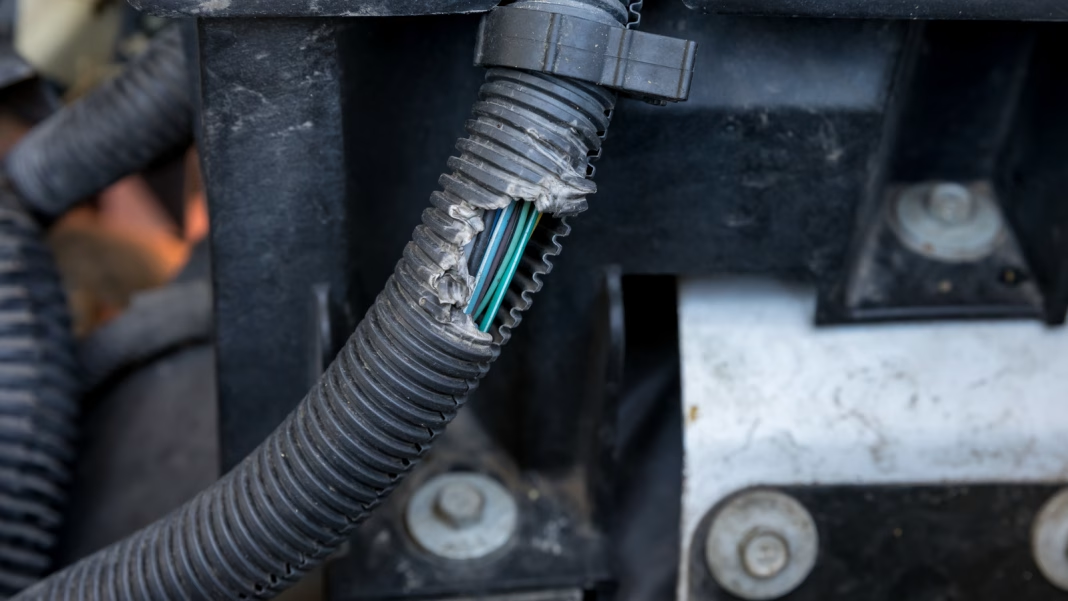Rodents and Your Car Wiring: What You Need to Know
If you’ve ever found yourself dealing with a car that won’t start or strange electrical issues, only to discover that rodents have chewed through your wiring, you’re not alone. This frustrating problem is more common than you might think, and understanding why it happens can help you take steps to prevent it.
Why Do Rodents Chew on Wires?
Rodents, particularly mice and rats, have a natural instinct to gnaw on things. Their teeth grow continuously, so they need to chew to keep them from getting too long. Unfortunately, your car’s wiring is often an easy target. The insulation on wires can be appealing because it’s soft and can even contain materials that smell or taste interesting to them. Plus, cars provide a warm, sheltered environment, especially during colder months, making them an attractive nesting spot.
Interestingly, some manufacturers have even started to use soy-based insulation in their wiring, which is biodegradable and environmentally friendly. However, this can also make the wires more appealing to rodents, as they may find the taste more palatable than traditional plastic insulation.
Signs of Rodent Damage
So, how do you know if rodents have taken a liking to your vehicle? Look for these telltale signs:
– **Chewed Wires:** This is the most obvious indicator. If you spot frayed or damaged wires, it’s a strong sign that rodents have been at work.
– **Nesting Materials:** Look for bits of fabric, paper, or other materials that might indicate a nest. Rodents often use these items to create a cozy home.
– **Droppings:** Small droppings near your car or inside the engine bay can signal a rodent presence.
– **Strange Noises:** If you hear unusual sounds coming from your engine, it might be worth investigating further.
What Can You Do About It?
Preventing rodent damage to your car requires a combination of vigilance and proactive measures. Here are some effective strategies:
1. **Park Smart:** If possible, avoid parking your car in areas where rodents are likely to thrive, such as near tall grass or piles of debris. Parking in a garage can also help keep critters at bay.
2. **Use Deterrents:** There are various rodent repellents available, including sprays and ultrasonic devices that emit sounds unpleasant to rodents but inaudible to humans. These can be effective in keeping them away.
3. **Regular Inspections:** Make it a habit to check your car regularly for signs of rodent activity. Catching the problem early can save you from costly repairs down the line.
4. **Seal Entry Points:** Inspect your vehicle for any gaps or openings where rodents could enter. Sealing these areas can help deter them from making your car their home.
5. **Professional Help:** If you suspect a serious infestation or if damage has already occurred, it might be wise to consult a professional. They can assess the situation and recommend the best course of action.
The big takeaway? Dealing with rodent damage isn’t just about fixing wires—it’s about prevention. Start with one change this week, whether it’s parking in a different spot or investing in a deterrent, and you’ll likely spot the difference by month’s end. Keeping your car rodent-free is a small effort that can save you a lot of headaches down the road.


